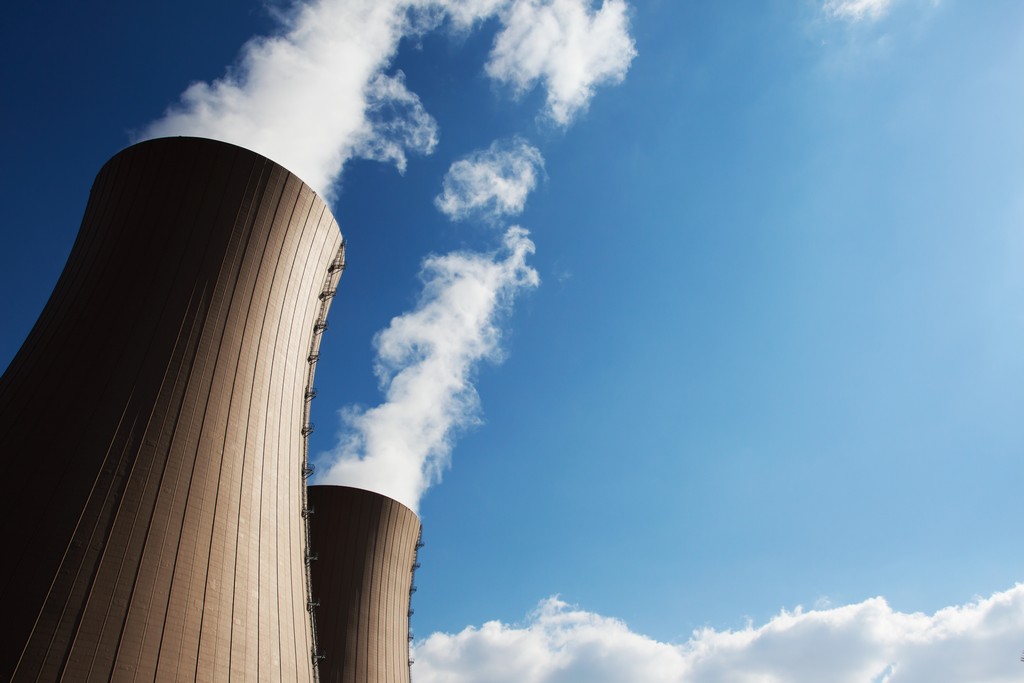PH looking into nuclear energy, BNPP commercial operations
- August 31, 2016
- 1

The Philippines is looking into the possibility of utilizing nuclear power as it is a productive and reliable energy source with lower costs and emissions, Energy Secretary Alfonso Cusi said.
This view comes as the country hosts an international nuclear energy conference, which aims the country and other member states to make decisions on developing nuclear power.
“Pursuing the path towards nuclear power for the Philippines may not be a walk in the park. But this regional conference is definitely a forward step in the right direction,” Cusi said in his opening speech at the International Nuclear Conference yesterday.
The Philippine government, with the International Atomic Energy Agency (IAEA) and the International Framework for Nuclear Energy Cooperation (IFNEC) is holding a conference in the country to discuss the potential in developing nuclear power in the Asia-Pacific region.
The energy secretary reiterated that it is part of his duty to study everything that can mitigate the country’s power supply problems.
“My point is just that, with all the new findings, technological advancements and successful experiences of countries around the world, nuclear energy holds much promise for our national interest, especially in light of our collective quest to implement our long-term energy plans,” he said.
In the same event, Senate President Aquilino Pimentel said the push for nuclear power should be based on scientific evidence and not on political or ideological considerations.
“We are here to discuss prospects of nuclear power. This conference will surely start a debate on nuclear power… as we will be educated on the pros and cons of nuclear power,” he said.
Cusi said a nuclear policy body consisting of the DOE, the National Power Corp. (Napocor), the Philippine Nuclear Research Institute (PNRI) and other stakeholders. The group will also look into reviving the Bataan Nuclear Power Plant (BNPP), which never saw operations since the completion of its construction in the 1980s.
The BNPP has a capacity of 620 megawatts (MW). BNPP was meant for commercial use but was mothballed after it was opposed by environmental groups and controversy that President Ferdinand Marcos received $80 million in kickbacks from the project builder.
$1 billion would be needed in order to open the BNPP to commercial operations, the energy secretary said.
IAEA deputy director general Mikhail Chudakov said while experts will present the pros and cons of using nuclear energy, the decision to adopt the technology is ultimately up to the Philippines.
“In IAEA, we’re not in a position to push for nuclear power. It’s a sovereign decision of a country,” he said.
“We’re here to help a country make an informed decision,” IFNEC co-chair Alexander Burkart said.